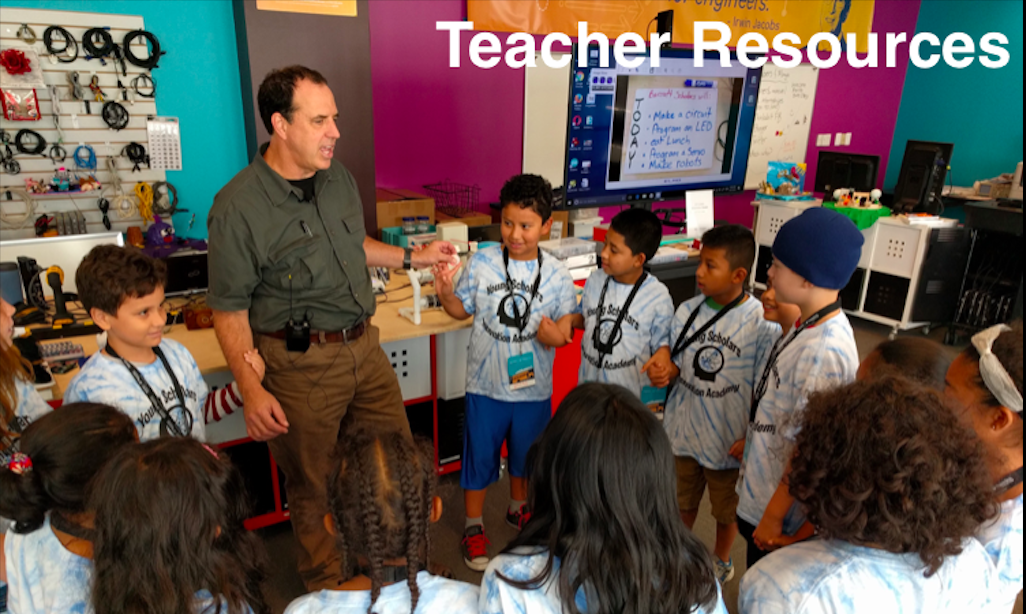
This page is a place where all teachers can find resources for both Young Scholars and advanced learners who need increased rigor or extension from the general education curriculum. Be sure to check back frequently for new resources you can use with your students for daily differentiation and/or as upperventions in the ATSS model.
Best Practices for Advanced Learners Handbook
Access the Best Practices for Advanced Learners Handbook page by clicking the title above.
Critical and Creative Thinking Strategies
Access Critical and Creative Thinking Strategies by clicking the title above.
M³ Math
Project M³: Mentoring Mathematical Minds is a series of curriculum units developed to motivate and challenge mathematically talented students at the elementary level. It has long been recognized as one of the nation’s top programs in gifted mathematics education, and now available in Flourish, it delivers even more ways for teachers to motivate and challenge advanced students in grades 3-6. Supporting the Common Core Standards and based on NAGC exemplary practices, Project M³ facilitates learning with a digital eBook for teachers that provides organization and suggested pacing for each unit, includes rubrics, and differentiates instruction. The curriculum features explorations of simulated or real-life problems so students can actively solve them in the same ways that practicing mathematicians do.
(Project M3, https://k12.kendallhunt.com/program/project-m3-mentoring-mathematical-minds-grades-3-6)
Clarion Science Units
The Clarion Science Units for Primary Grades have been designed to introduce young students to science concepts, science processes, and macro-concepts. A hands-on, constructivist approach is used to allow children to build their knowledge base and their skills as they explore science topics through play and planned investigations. The units include math and language connections to enhance the interdisciplinary connectedness of learning. Students are engaged in creative and critical thinking, problem finding and solving, process skill development, and communication opportunities. Each unit is designed to teach essential concepts such as quantity, direction, comparison, shapes, etc., as well as the overarching concepts of systems, patterns, change, and cause and effect.
(William and Mary Center for Gifted Education, https://education.wm.edu/centers/cfge/research/completed/clarion/science/index.php)
 Contact
Contact  Calendars
Calendars Careers
Careers Engage
Engage  District
District